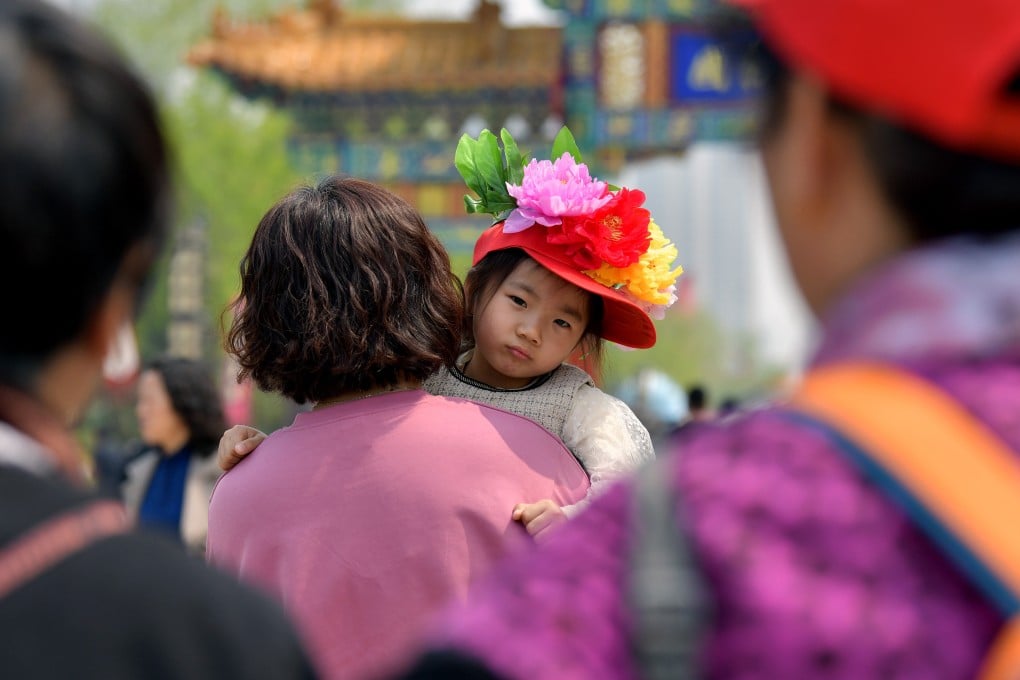Opinion | Gender bias can be a stumbling block even for China’s beloved only-child daughters
- Parents’ different expectations of boys and girls matter, with some research suggesting that the parents of a son are more willing to invest in the education and comfort of their child than is true for the parents of a daughter

According to the World Economic Forum’s newly released Global Gender Gap Report 2021, China again has the most skewed sex ratio at birth in the world, at 1.13. That is to say, 113 boys are born for every 100 girls, which provides solid evidence for the preference for sons in contemporary China.
In China, a son is seen as insurance for continuing the family line, and the preference has persisted through the years, even as urbanisation and economic development has brought many social changes to the nation.
For the girls who are born, gender bias continues to overshadow their lives as they grow up. Research in China shows that parental preference for sons could lead to unequal educational opportunities given to boys and girls.
One 2005 study found that, in rural areas, the daughters of parents with a stated preference for a son were less likely to attend school and more likely to start work younger. Often, while their male peers were still in school, these girls were already working as providers for their families. The lack of a formal education limited their life choices.
It is commonly believed that a preference for sons prevails only among poor and rural families, while girls in cities receive more equal treatment, the beneficiaries of China’s modernisation. In addition, the introduction of the one-child policy in 1978, lifted only in 2015, has had the unintended consequence of empowering daughters in urban China.

As a doctoral student, I acknowledge my privilege as the only daughter in my family growing up in the city. I have always had my parents’ full support to pursue educational success and material well-being.
